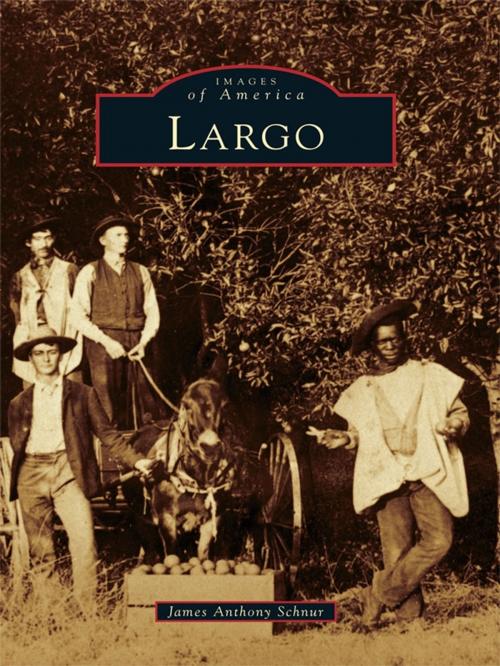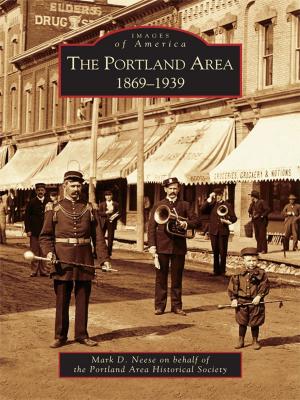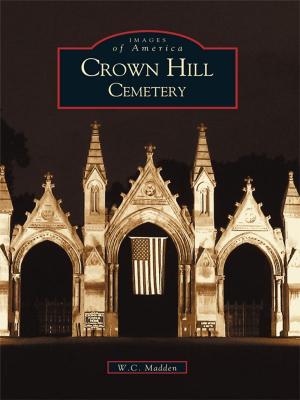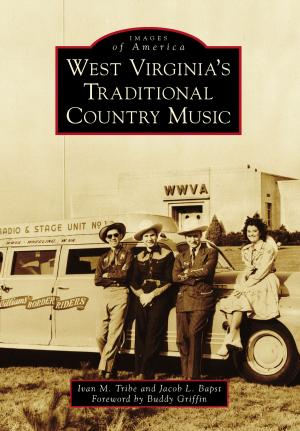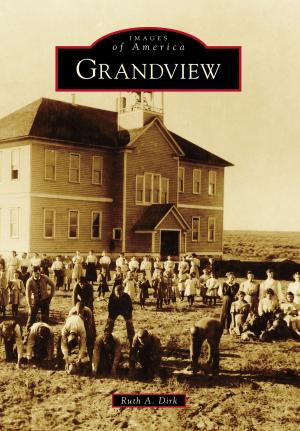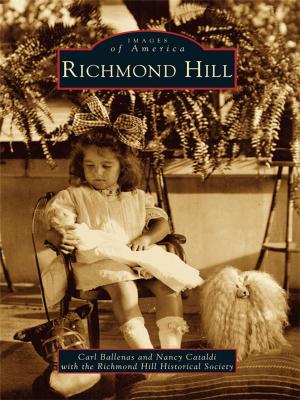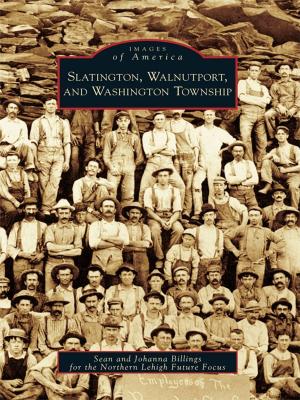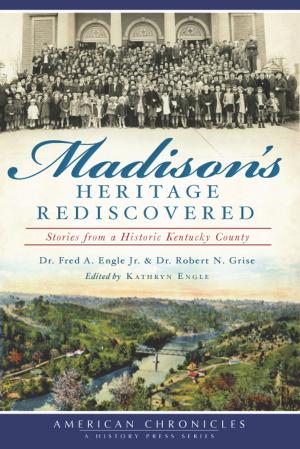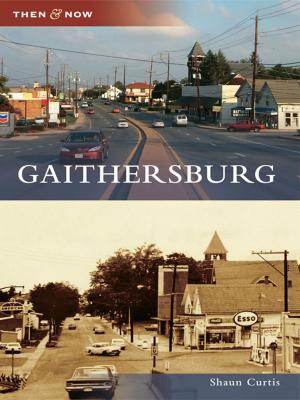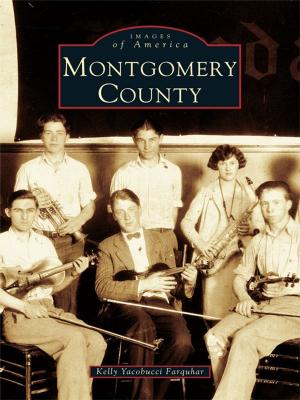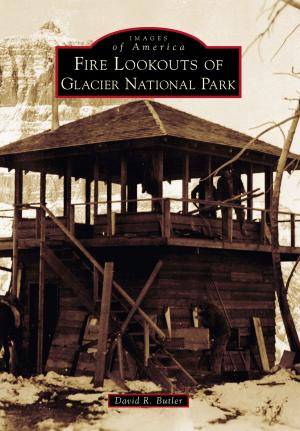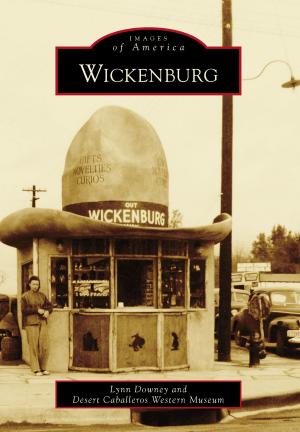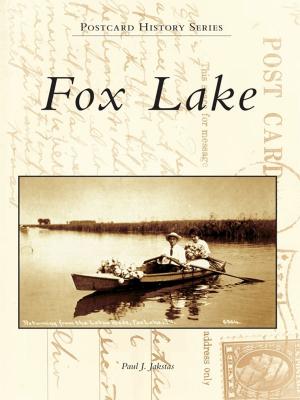| Author: | James Anthony Schnur | ISBN: | 9781439625538 |
| Publisher: | Arcadia Publishing Inc. | Publication: | March 7, 2011 |
| Imprint: | Arcadia Publishing | Language: | English |
| Author: | James Anthony Schnur |
| ISBN: | 9781439625538 |
| Publisher: | Arcadia Publishing Inc. |
| Publication: | March 7, 2011 |
| Imprint: | Arcadia Publishing |
| Language: | English |
Pioneer settlers came to the west-central Pinellas peninsula in the years before the Civil War. The arrival of the railroad in 1888 brought truck farmers and expansive citrus groves. Decades before the city�s incorporation in 1905, Largo became an important area for raising livestock, harvesting crops and timber, and trading citrus. Largo�s farmers fed nearby urban communities during the Florida land boom while also providing winter fruits and vegetables to distant markets. Packing houses dotted the rural landscape during the years prior to World War II. By the 1960s, Largo expanded eastward toward Tampa Bay as new subdivisions sprouted in former groves. Known at various times as Citrus City, Fair City, Clean Air Capital, and City of Progress, Largo has grown from its roots as a small farming settlement to become the central crossroads and the third largest city in Florida�s most densely populated county.
Pioneer settlers came to the west-central Pinellas peninsula in the years before the Civil War. The arrival of the railroad in 1888 brought truck farmers and expansive citrus groves. Decades before the city�s incorporation in 1905, Largo became an important area for raising livestock, harvesting crops and timber, and trading citrus. Largo�s farmers fed nearby urban communities during the Florida land boom while also providing winter fruits and vegetables to distant markets. Packing houses dotted the rural landscape during the years prior to World War II. By the 1960s, Largo expanded eastward toward Tampa Bay as new subdivisions sprouted in former groves. Known at various times as Citrus City, Fair City, Clean Air Capital, and City of Progress, Largo has grown from its roots as a small farming settlement to become the central crossroads and the third largest city in Florida�s most densely populated county.
